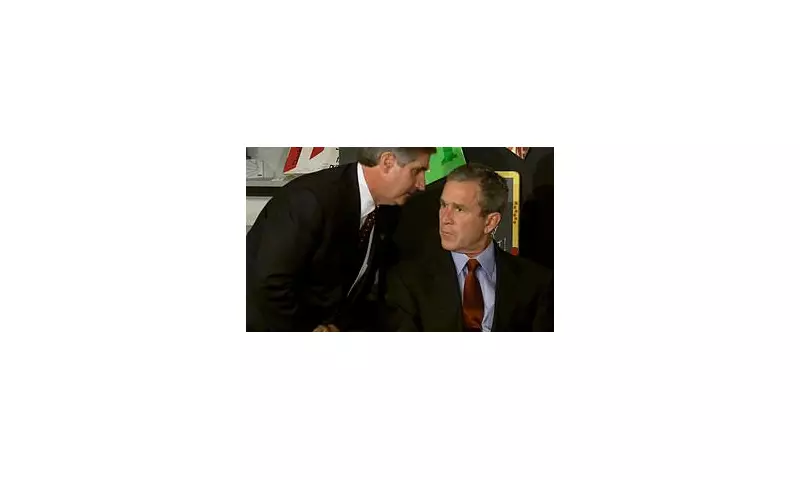
A former head of Britain's armed forces has disclosed that President George W. Bush initiated preparations for a nuclear strike in the immediate, chaotic aftermath of the 9/11 terrorist attacks.
The Chilling Phone Call
Admiral Lord Alan West, who was overseeing the UK's nuclear response at the time, received a startling call on his secure red telephone. The American command had alerted its British allies that it was escalating its nuclear forces to 'immediate readiness for nuclear weapon release'. This state of high alert encompassed all three legs of the US nuclear triad: strategic bombers, intercontinental ballistic missiles (ICBMs), and submarine-launched weapons.
Lord West recounted the moment on the Lord Speaker's Corner podcast. His nuclear team asked for instructions, to which he gave a decisive order: 'Don't do anything.' He chose to keep British forces at their regular state of readiness, refusing to mirror the American escalation amid the heightened global tension.
A World on the Brink
The context of this nuclear alert was one of extreme disarray. As the hijacked planes struck their targets, dozens of live nuclear weapons were already loaded onto American bombers at three separate bases, positioned for a pre-planned drill. Compounding the crisis, critical communication systems failed, leaving top US officials struggling to contact each other and key world leaders.
President Bush, who had been rushed onto Air Force One for his safety, was initially unable to speak with Russian President Vladimir Putin. This communications breakdown terrified Moscow, which feared it could be mistaken as the source of the attack and targeted by American ICBMs.
De-escalation and a Stark Warning for Today
The immediate nuclear threat was eventually averted. The US National Security Advisor, Condoleezza Rice, managed to establish contact with Moscow, assuring them the US was not preparing a strike against Russia. This dialogue helped to calm the situation and the nuclear option was taken off the table.
However, Lord West issued a grave warning about the present day. He expressed deep concern that if a similar attack occurred now, the outcome could be a catastrophic nuclear war, particularly given the current tensions with Russia. He stated that Russian President Vladimir Putin, 'effectively at war with us,' has the potential to cause significant trouble.
West suggested that a Russian defeat in its invasion of Ukraine could be a potential trigger for such a conflict. 'The danger with them losing is, would they then make that stupid mistake of going nuclear?' he questioned. His sentiments were echoed by NATO's former secretary general, Lord Robertson, who appeared on the same podcast and starkly declared that the West is 'under-prepared, under insured, under attack and not safe,' pointing to the increasing threat of cyber attacks orchestrated by Russian intelligence.





